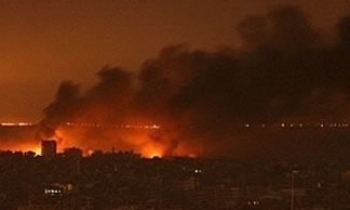New Delhi: The 17th Law Commission has made recommendations to the Centre to enact a law to prevent the media from reporting anything prejudicial to the rights of the accused in criminal cases from the time of arrest, during investigation and trial.
The subject "Trial by Media: Free Speech vs. Fair Trial Under Criminal Procedure (Amendments to the Contempt of Court Act, 1971)" was taken up suo motu by the Commission having regard to the extensive prejudicial coverage of crime and information about suspects and the accused, both in the print and electronic media.
In its 200th report submitted to the Government, the Commission said, "Today there is a feeling that in view of the extensive use of the television and cable services, the whole pattern of publication of news has changed and several such publications are likely to have a prejudicial impact on the suspects, accused, witnesses and even judges and in general on the administration of justice."
The report said, "according to our law, a suspect/accused is entitled to a fair procedure and is presumed to be innocent till proved guilty in a court of law. None can be allowed to prejudge or prejudice his case by the time it goes to trial."
It said that publications, which interfered or tend to interfere with the administration of justice would amount to criminal contempt under the Contempt of Courts Act, 1971 and "if in order to preclude such interference, the provisions of that Act impose reasonable restrictions on freedom of speech, such restrictions would be valid."
The report noted that at present, under Section 3 (2) of the CC Act, such publications would be contempt only if a charge sheet had been filed in a criminal case. The Commission has suggested that the starting point of a criminal case should be from the time of arrest of an accused and not from the time of filing of the charge sheet. In the perception of the Commission such an amendment would prevent the media from prejudging or prejudicing the case.
Another controversial recommendation suggested was to empower the High Court to direct a print or an electronic media to postpone publication or telecast pertaining to a criminal case and to restrain the media from resorting to such publication or telecast.
The Commission said that such a practice was prevalent in many countries including the U.K.
The report also said that publications with reference to character of the accused, previous convictions, confessions, judging the guilt or innocence of the accused or discrediting witnesses could be a criminal contempt.
The report has also discussed the recent phenomenon of media interviewing potential witnesses, about publicity that was given by the police and about investigative journalism.
Enclosing a draft Bill, the Commission said that this report was important and crucial for the country as far as criminal justice was concerned.
Since there was interference with the due administration of criminal justice, this would have to be remedied by Parliament.









